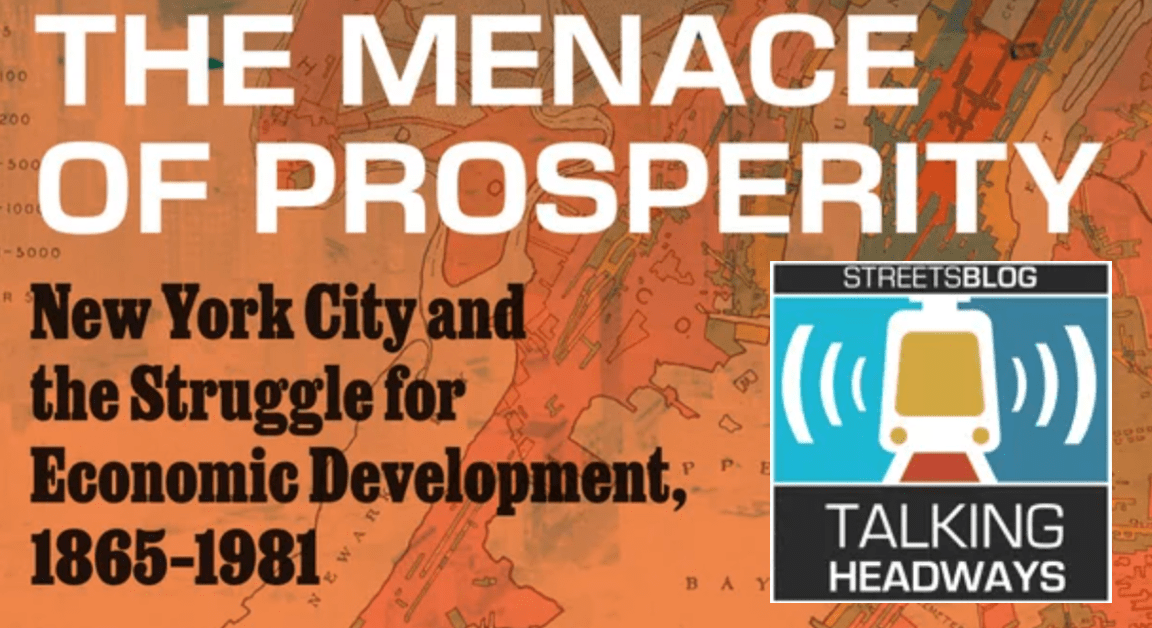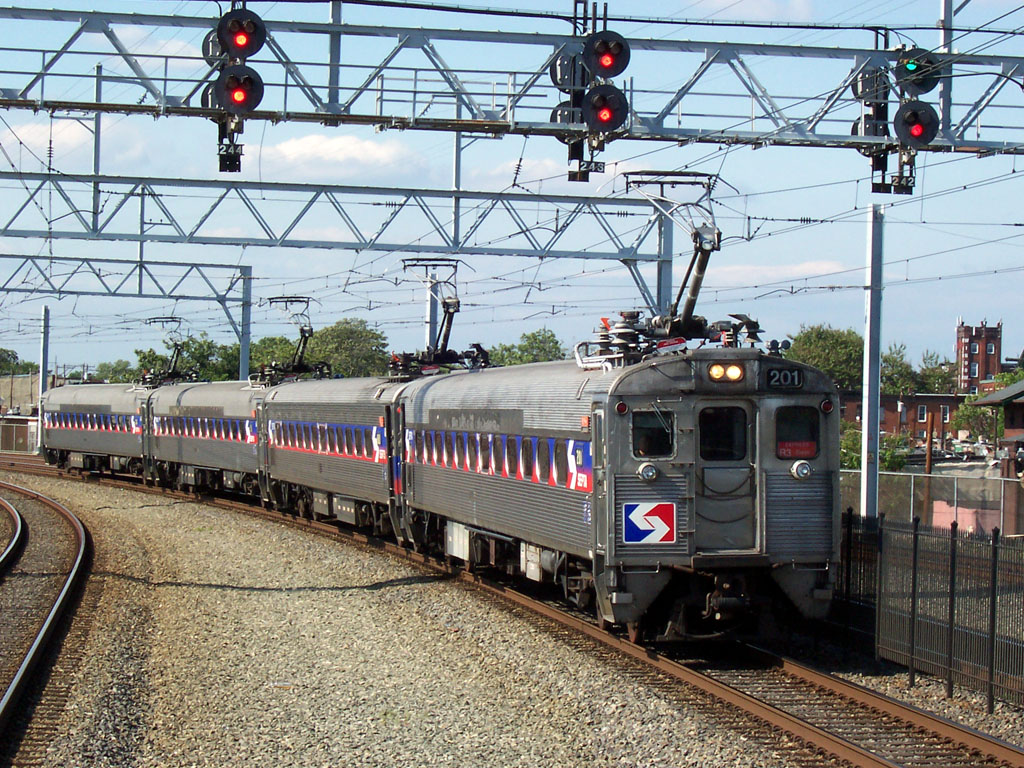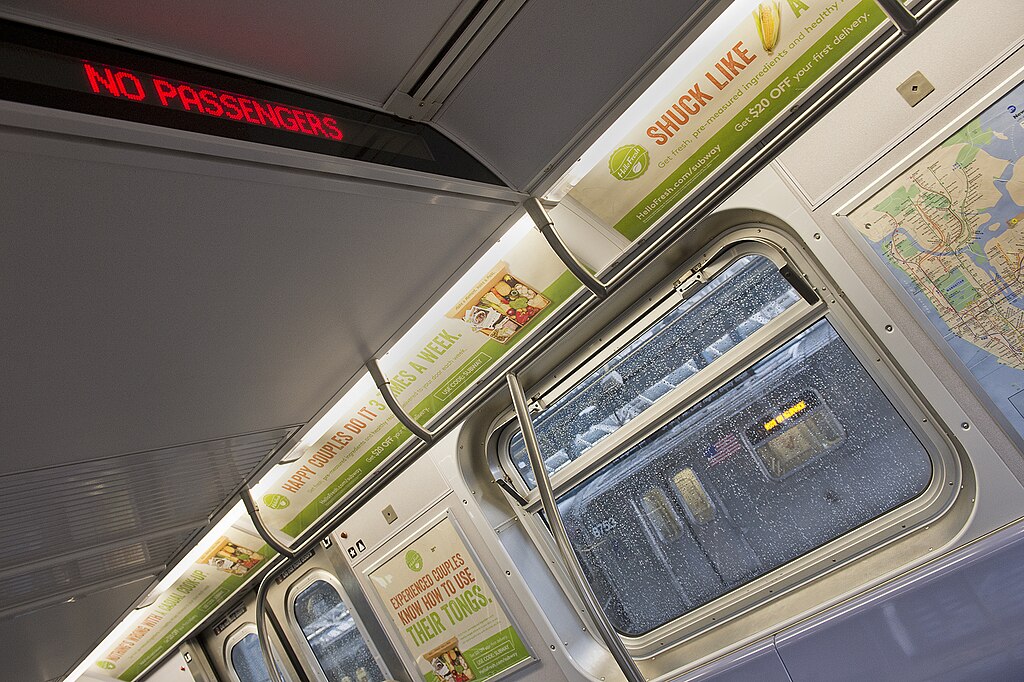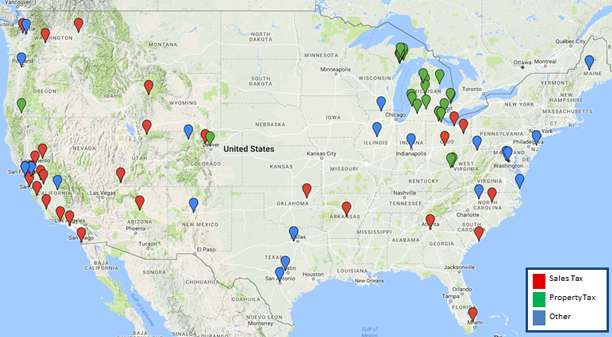
With federal transportation policy stuck in DC gridlock, more cities and regions are taking it upon themselves to shape the future of their transit systems. Today there are 78 local ballot measures that will affect funding for transportation in some way, with $200 billion in transit investment at stake, according to the Center for Transportation Excellence.
Since 2000, 71 percent of local transportation ballot measures have succeeded, according to CFTE, and the rate tends to be higher in presidential election years. Today's ballot measures could provide millions of Americans with better transit -- and that means easier access to jobs, more affordable household transportation costs, and greater freedom to get around without a car.
Here's a quick review of the big measures we've written up on Streetsblog. You can get a summary of more ballot measures from Yonah Freemark at the Transport Politic and track the results as they come in tonight with CFTE.
Atlanta
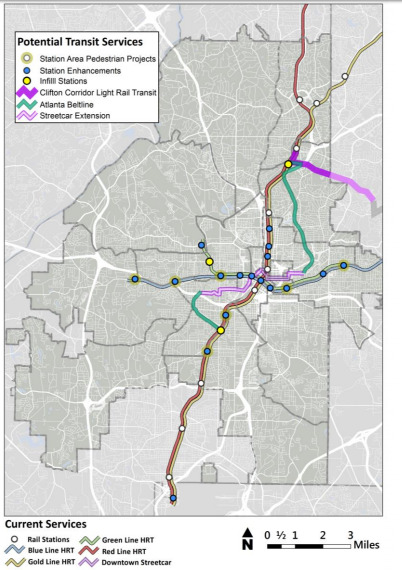
Atlanta voters will decide on a sales tax hike to expand MARTA bus and rail service within city limits on a scale not seen in decades. The measure would provide $2.5 billion to run more buses, build infill rail stations, and add BRT and light rail lines.
Also on the ballot: a 0.4 percent sales tax hike to fund complete streets projects.
Detroit
Detroit voters have a historic opportunity to fund a regional transit system, providing seamless service between Detroit and its suburbs. For decades, the mostly white, affluent suburbs operated their buses separately from the city of Detroit's buses, producing a network with enormous gaps in coverage. This transit measure could change that.
Detroit's four-county property tax measure will raise $4.6 billion over 20 years, which would fund a network of bus rapid transit lines connecting the central city to major suburban job centers. It would also pay for commuter rail between Detroit and Ann Arbor and a grid of bus routes linking different counties, mostly running along highways.
Indianapolis
The Indianapolis region currently has woeful transit options -- a quarter percent income tax in Marion County could turn that around. The measure promises to overhaul the local bus network, putting 65 percent of all county residents within a half-mile of frequent service. The highlight of the system will be a network of bus rapid transit lines serving residential and employment centers.
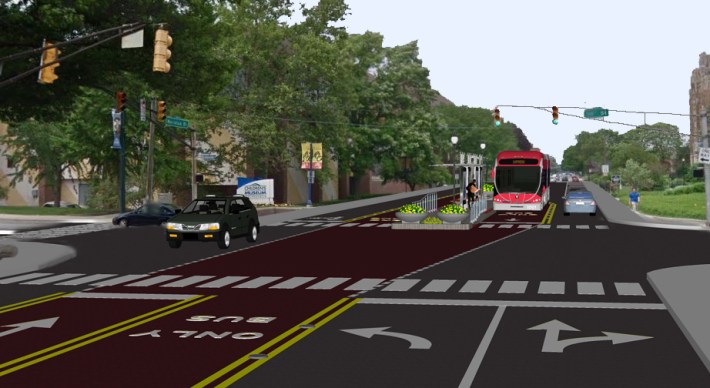
Los Angeles
Measure M is one of several ballot measures worth tracking in California. L.A. County Metro has proposed a sales tax package that would raise $120 billion over 40 years. That funding would roughly double the size of the region's 100-mile light rail system while adding 60 miles of bus rapid transit. A portion of the money -- 17 percent -- would be reserved for highway projects, however. Another 16 percent will be returned to cities and towns for local transportation projects. About 2 percent would be reserved for walking and biking projects.
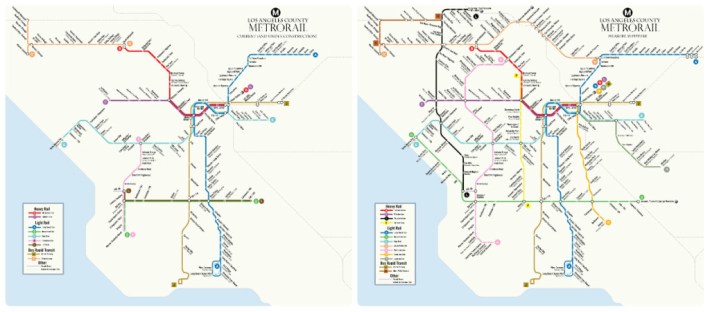
Raleigh
Wake County is a fast-growing region in North Carolina's booming "Research Triangle." But its bare-bones transit system can't keep up with all that growth. The transit measure on the ballot today can help the Raleigh region absorb more people without getting overrun by sprawl and traffic.
The measure would raise $2.3 billion over 10 years from a half-cent sales tax and a $10 vehicle registration fee. With that money, the region would quadruple the extent of frequent-running bus service from 17 miles to 83 miles; implement 20 miles of BRT routes; and build a 37-mile commuter rail line to Durham, the final link in a system connecting all three "Research Triangle" cities, including Chapel Hill.
Seattle
Seattle voters will decide the fate of a $54 billion transit expansion package that would add 62 miles of grade separated light rail across a three-county region. The package includes rail segments in Seattle that will be intensely used once complete, but also a lot of park-and-ride stations along suburban freeways. Despite the flaws, local advocates say the measure will be a net win for efficient, sustainable, and affordable transportation in the region. and equitable.



